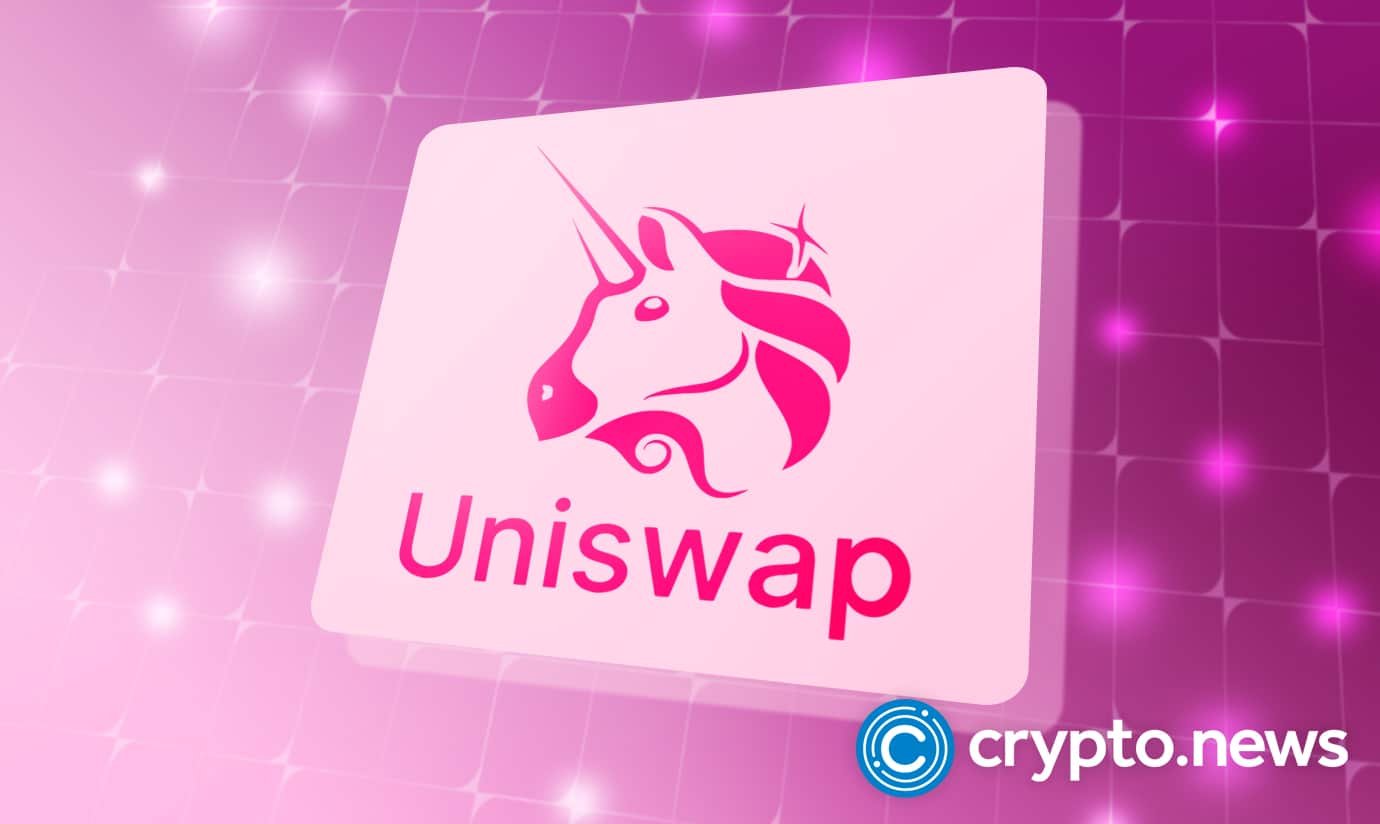Uniswap introduces Universal Router for token and NFT swaps aggregation

It was to better their goods that Uniswap Labs first dreamed about Permit2 and Universal Router. The goals were to reduce gas expenses, streamline user-transaction flows, and beef up security. Uniswap is devoted to providing public works that push cryptocurrency forward. They created these contracts to be utilized by the developer ecosystem, including SDKs, detailed documentation, and a two-week bug bounty.
Universal Router – NFT Swaps and Unified Token
The team has incorporated the Permit2 system into yet another innovative contract. As Uniswap’s next-generation router, the Universal Router integrates token and NFT trading into an adaptable, gas-optimized, safe, and scalable platform. Since the Universal Router vastly enhances both the product and user experience, it will soon replace the Uniswap as the default swap router.
Inputs such as “maximum slippage,” “swap route,” and “swap recipient” are processed by swap routers, which then carry out swaps at the specified destinations. To save money on gas, swap routers, seek out the best deals, and carry them out.
However, there are two inefficiencies with the present swap routers:
Most existing swap routers only allow either ERC20 tokens or NFTs. So now, deals, including both, must be broken up into separate transactions. For example, if you only had an ERC20 token, you would have to pay for an NFT in two different ways. The first exchange is DAI for ETH, followed by the last exchange, which is ETH for NFT.
Swap routers are a significant investment because users must validate each token before it can be used, making frequent upgrades prohibitive. For aggregator swap routers, this is more troublesome because contract deployment is required whenever a new protocol is implemented.
How Universal Router unifies swaps
Users of the Universal Router can purchase NFTs from various marketplaces and carry out different token swaps on Uniswap V2 and V3 in a single transaction. For example, consider a hypothetical exchange that:
- Consists of three distinct tokens for user input.
- Using a branching strategy, Uniswap versions 2 and 3 can perform swaps.
- Carry out a wrap from ETH to WETH
- Buys a non-fungible token on OpenSea
All of these steps can be completed in a straightforward transaction.
Because of Permit2’s integration with the Universal Router, users can give their stamp of approval before passing their signature on to the latter, which then handles the token approval flow independently of the router contracts. Without consumers having to send a new approval transaction for each update, developers can roll out new variants of the Universal Router. So, new features can be added in the future, but the Universal Router (or any other integrated contract) stays the same.















